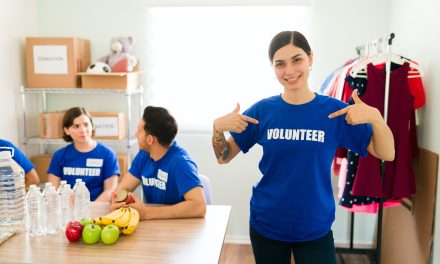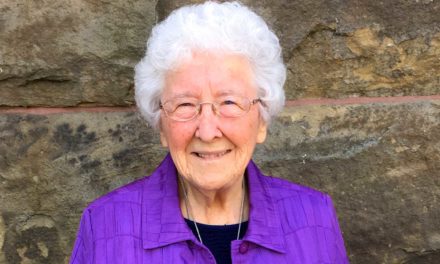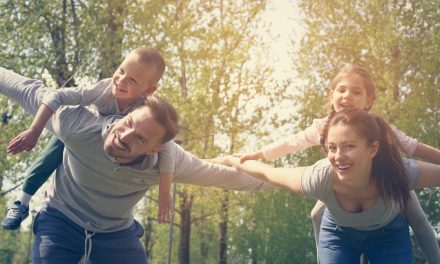By Dr. Martin Rovers PhD., C. Psychologist
Each of us is wired for love! This article will summarize two insightful books that are a must read for people who want to become better partners and lovers: Martin Rovers, Healing the Wounds in Couple Relationships (Kindle Books) and Stan Tatkin, Wired for Love. When we work hard to understand our own attachment style – the way we relate to other people – and our emotional wiring for love, as well as that of our partners, we can become better equipped for love and healing.
Love begins within our family of origin where we learn love, for better or worse. Being blessed with exceptional parents is the luck of the draw, and if we had healthy parents who taught us good love, lucky you. If our parents were a touch more dysfunctional, sorry to hear that, but it was not your fault. And so, we each have a wound or two, perhaps unfinished business from childhood or an attachment scar like insecurities or thinking we are not good enough. These wounds are deeply ingrained in our psychology and affect the way with love others. The quality of our attachment in childhood to primary caregivers becomes the internal working model that is often repeated in our attachment to a partner in adulthood. The wounds of childhood dance in couple relationships. This is easy to observe as partners repeat the “same old ways” to try to be loved better by the other.
It is time to change the couple dance. Therefore, healing needs to take place at two levels: re-creating the emotional connection with our partners and doing the work of love with each other and re-creating our relationships with our parents to reflect adult to adult communication, respect and love. Love relationships take emotional and conversational work or they only function badly! The goal of couple work, be it reading one of these resourceful books together or seeking couple therapy, is to understand and identify attachment wounds from childhood and re-create more positive biological and psychological functioning in our love relationships.
There are different ways for couples to learn the art of making love and not war. Tatkin talks about the couple bubble, as a way you can keep each other safe and secure. He suggests that each of us has chosen the right partner unconsciously, and we need to learn to keep a safe environment around us to protect each other. Love demands that we need to know our partner, to learn how they operate and become accepting of their wounds from childhood. When we appreciate each other’s wounds, we can find the “repair” words and actions that we need from each other. We need to practice what makes our partner feel good. Each partner has an attachment style: one is an Island (avoidant) while the other will be a Wave (preoccupied). We chose the gifts of these attachment styles when we fell in love with our partner, and now we need to learn to heal and sooth our partner in this very woundedness. Two last thoughts: talk nice to each other and listen well. And secondly, hug a lot. Practice a twenty second, non-erotic, soothing, ‘I love you”, hug at least once a day.
Dr. Martin Rovers, PhD., is a Marriage and Family Therapist and Clinical Supervisor for Serenity Renewal for Families, an Alta Vista Charity, which provides educational programs and counselling for people struggling with addiction, their children and families. To learn more or to donate to families needing assistance, call (613) 523-5143 or visit serenityrenewal.ca





